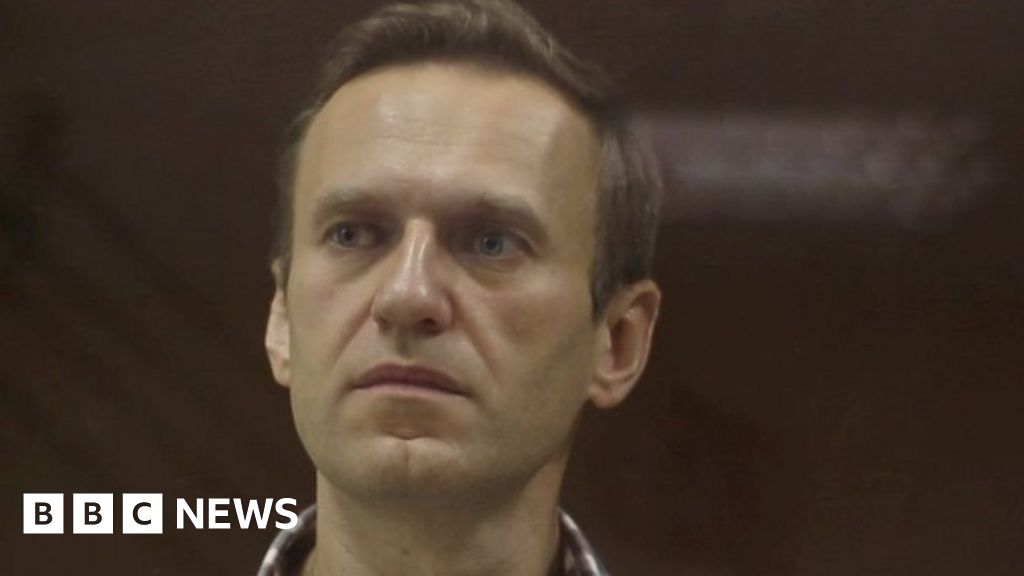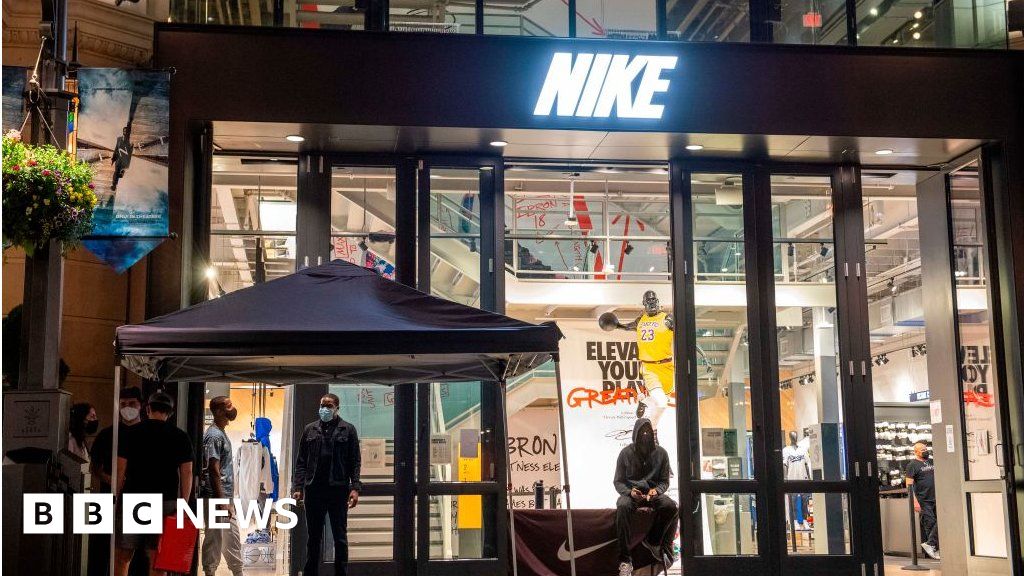When Zendaya began production of “Malcolm & Marie,” the made-during-lockdown Netflix drama she stars in with John David Washington, she never imagined that it would spark both strong criticism and award-season buzz.
The widespread interest shouldn’t have been such a surprise: last year the 24-year-old became the youngest winner of the Emmy for best actress for her gripping performance as Rue, a struggling teen addict in HBO’s drama series “Euphoria.” She’s now up for a Critics Choice Award for Malcolm & Marie.
After production of Season 2 of “Euphoria” was suspended because of the pandemic, Zendaya and the show’s creator, Sam Levinson, wanted to see if they could create a film during quarantine last year. The result was “Malcolm & Marie,” shot at a home in Northern California doubling for Malibu, by a 22-member cast and crew (most of whom worked on “Euphoria”), in just two weeks.
“You know, it’s funny, if you would have told us that there would be a conversation around, you know, awards or whatever, that’s crazy! We were all just figuring it out together,” Zendaya said.
In the movie, written and directed by Levinson, a filmmaker named Malcolm (Washington) and his girlfriend, Marie (Zendaya), get into a nightlong argument after his movie premiere. Their at-times abusive, monologue-heavy back and forth involves, among other things, his forgetting to thank her for her contributions to his project, which centers on a recovering addict much like Marie.
The film’s script was largely panned and set off several discussions on social media about the age difference between the stars (Washington is 36), about a story with Black characters written by a white filmmaker, and about the characters’ toxic romance.
“None of us who made the movie think that they’re, like, in a healthy relationship, you know what I mean?” Zendaya said. “I think it was to explore those insecurities and those dark things about ourselves that I think sometimes relationships can bring out of us.”
The actress, who also served as a producer on the movie, spoke via video from Atlanta, where she’s filming the next “Spider-Man,” about reactions to the movie and her hope of becoming a filmmaker who creates more roles for Black women. These are edited excerpts from the conversation.
What was the driving force that ultimately motivated you to produce and star in a movie during the pandemic?
I think it’s often forgotten because obviously we were able to sell it to Netflix, but it really started as this very, very small thing that we were doing.
And it was my first time not really having my 9 to 5 [consistent schedule], which I’ve had since I was 13 years old. The last project that I technically did before “Euphoria” was “K.C. Undercover” [that Disney Channel series ended a few months before the HBO show was given the green light]. So it was my first time being without it — because I’ve never had to know who I am without my work.
I would talk to Sam a lot and I was itching to be creative in some form and find my purpose again. And I was like, What if we just shoot something, you, me and Marcell [Rév, the cinematographer who worked on the movie and also on “Euphoria”]? And if there was a world where we made something we were proud of and we could sell it and hopefully get everybody paid and take care of our crew in that way, that would be the ultimate winning goal for all of us.
There has been criticism of the film’s portrayal of toxic relationships and Sam Levinson writing about a Black couple as a white man. Was there space for you and John David Washington to collaborate and provide input on different aspects of the Black experience?
Yeah, of course. What’s interesting is I think a little bit of our agency was stripped away. Like this was just kind of Sam spewing things through us without realizing that we are not only actors in this, but we’re co-financiers and producers with P.G.A. marks. You can’t get those unless you actually do the job.
I think it also oddly mirrors a little bit of Marie’s plight, right? It’s like Marie saying the whole movie [Malcolm’s film] is also mine. But actually in real life, we do have the credit, this is ours, and John David, I and Sam equally own this film. It’s not like it belongs to someone else and I just got cast in it. He wrote it for us too, and I think if you’re going to write something, you have to acknowledge experiences of the [Black] character you’re writing. I thought a lot of conversations I had with Sam came through.
There was also a lot of debate over the age difference. But it feels like the difference fit in the context of the film. How do you deal with certain expectations placed on you as a former child actor?
It’s interesting that became such a thing because my parents are, like, 13 years apart. But I also try to look at myself from the outside, and I realize that I’ve been playing a teenager since I was a teenager. I still play a 17-year-old on television and in movies. I’m grateful that my Black does not crack, so I’m able to continue doing that.
Some people have grown up with me, they see me on Disney Channel, I’m like their little sister or their best friend. And I’m grateful for that. I’m Marie’s age, and I think that dynamic, their age difference, is part of their story: She met him when she was in recovery [at] 20 years old. She never really loved anyone or thought someone loved her the way he did. And that plays into her frustrations [about] not receiving the acknowledgment she feels she deserves and also maybe unpacks something [about] her being young and vulnerable. So I totally understood, from an outside standpoint, because I play teenagers, but I’m an adult.
Is there anything you hope people who might relate to parts of the film take away from it?
There isn’t a specific message. It’s more of a piece to open up a dialogue. You’re the fly on the wall. You’re watching the codependency, the narcissism, the ups and downs of something that has a lot of toxicity in it. It’s triggering for different people in different ways because they find themselves connected to different parts of the characters. If there’s anything to take away from it, it’s this idea of gratitude [for] people in our lives who make it possible to do what we do. For any young person going through any kind of relationship and something like toxicity or whatever the case may be, I think a huge thing is understanding your worth.
Whose idea was it to pick boxed macaroni and cheese as the late-night snack Marie cooks when they arrive home?
She has an immense amount of control and a need for control. And I think she’s knowing that she’s just stalling. Like, I’m going to make [him] some bland mac and cheese. And I’m not doing it because I love him. I’m doing it because I’m upset and I’m waiting for him to ask me why. Mac and cheese was just the classic thing that’s in everybody’s pantry. So yeah, Sam wrote that in there.
I noticed on your socials that you post some photos that you’ve shot. Is photography or cinematography something you’re interested in professionally?
Hugely. I mean, I’d love to be able to be a filmmaker. I don’t know when that’ll happen. Sam is always like, I give you a year until you’re directing something, and I’m like, all right, well, that means you got a year to teach me. So I don’t know what that looks like personally, but I really enjoyed being a producer. And I enjoy this idea of hopefully one day being able to make the things that I want to see, the roles that I want to see for Black women. That would be exciting and a goal of mine.
Any interesting habits or new activities you’ve developed or started during the pandemic?
I got a piano so I could teach myself. I still sit down sometimes, I’m not home right now, but I’ll try to look up the YouTube video of a song I like and see if I can learn it. Hunter [Schafer, her “Euphoria” castmate], who is one of the closest people to me, she’s an incredible artist. Before I left for Atlanta, she bought me a sketchbook and watercolor paint. I’ll feel if it’s not, like, the Mona Lisa, I get down on myself. So the whole thing with this journal slash sketchbook is just to start doing something. Don’t try to control it.






More Stories
Churchill Work Owned by Angelina Jolie Brings $11.5 Million at Christie’s
He Can See Dead People but ‘Not Like in That Movie.’ (OK, Sort Of.)
6 Dr. Seuss Books Will No Longer Be Published Over Offensive Images